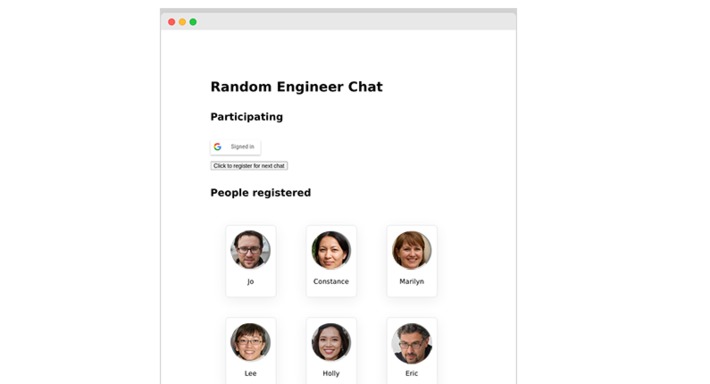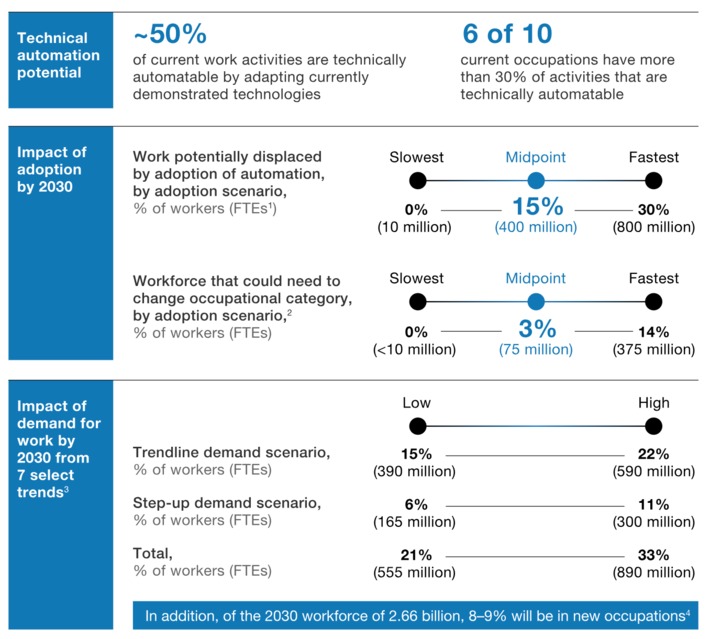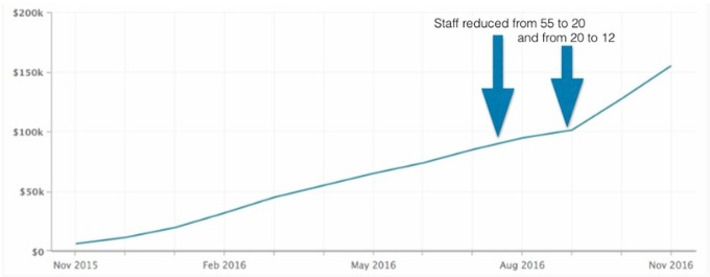We developed the Random Employee Chats application internally, with the goal of recreating the pre-pandemic informal interactions. Here's how we moved from a shared spreadsheet to Cloudflare Workers to automate the entire process.
Research and publish the best content.
Get Started for FREE
Sign up with Facebook Sign up with X
I don't have a Facebook or a X account
Already have an account: Login
Get weekly or monthly digest of all posts in your inbox: https://fmcs.digital/wim-subscribe
Curated by
Farid Mheir
 Your new post is loading... Your new post is loading...
|

Curated by Farid Mheir
Get every post weekly in your inbox by registering here: http://fmcs.digital/newsletter-signup/
|

















WHY IT MATTERS: interesting solution developed at Cloudflare, a technology company, to facilitate conversations across the organization. The paper highlights the challenges of making random chats truly random (and useful). As work from home and remote work become the norm post-covid, this will become required in all organizations. Not only large distributed companies but also startups that decide to go full work from home.